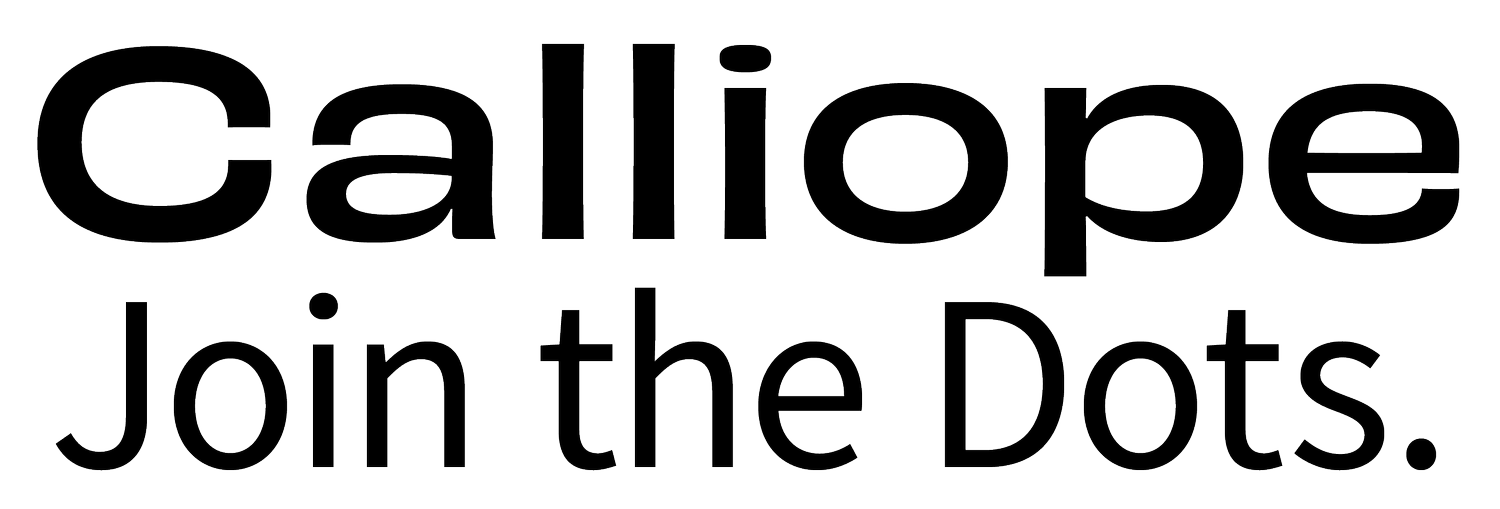
Being forced to flee is one of the worst things a person can experience. But it makes life even harder and more dangerous if you’re a woman°. Therefore, an important focus of Judith Kohlenberger's work is women° who flee, those who have to run. Refugee migration and the human capital of migrants, as well as cultural crisis narratives, are the main research areas of Kohlenberger. Her work as part of the "Displaced Persons in Austria Survey" (DiPAS), one of the first studies in Europe on the large-scale refugee movement in 2015, was awarded the Kurt Rothschild Prize in 2019. The initiative "Courage – Mut zur Menschlichkeit" [Courage to be human], co-founded by the cultural scientist, aims to help people in the Greek refugee camps, for example in Moria.
JUDITH KOHLENBERGER
Cultural scientist. Author. Migration researcher.
Judith Kohlenberger / © Christian Lendl
“For my professional work, my social commitment and my private relationships, I resolved at some point: To no longer be just the muse, but the artist. I live and act according to this today.”
2032: Global inequality at the tipping point by Judith Kohlenberger
In 2032, the effects of the global corona pandemic will have accelerated a change that had already begun long before in the field of global migration: cross-border mobility will increasingly have become a privilege for all those who have the corresponding resources and infrastructure, and thus a phenomenon that at the same time reflects and further reinforces global inequalities.
Already now, in 2022, we face a world in which the global elite can travel visa-free to almost any country in the world. While an American citizen can enter a full 187 countries before having to show a visa, in the case of a Sudanese or Lebanese citizen it is only 41 countries, all of them in the Global South. The place of birth or birth family and citizenship continue to fundamentally determine the (mobility) opportunities one gets in life - or not. In essence, a hierarchy of the colonial order is maintained, as the US political scientist Kelsey P. Norman calls it. Through their migration and visa regimes, but also through the creation of legal escape routes (or not), industrialised nations decide decisively on the kind of mobility that is even hypothetically accessible to the less privileged, not to mention the financial and personal expenses that would be necessary for this.
Whether a Sudanese woman is given the chance to improve her living conditions through her own efforts in a country that would offer appropriate conditions such as peace and social security depends not only on the rights granted to her within her own country, but also on the right to enter and stay (and subsequently access to work and education) in other countries. If industrialised countries deny her this right, it also means that she is not faced with the perfect equality of a US-American in her pursuit of happiness, which the American constitution calls the right of all men. However, access to many other rights, such as the right to education or family, depends crucially on basic mobility, as the recent pandemic painfully demonstrated.
Mobility is therefore essentially a distribution issue, and this will hardly be better illustrated in 2032 than in the "Global Passport Power Rank" of the consulting firm Henley & Partners, which regularly lists the best passports, and thus the best citizenships, worldwide. Western industrialised nations such as the USA, Canada, Germany or Finland will continue to top the list. Not only do they have the material resources and access to appropriate transport (and, post-COVID, vaccination certificates) to travel transcontinental long distances, they also have appropriate rights of entry granted to them by descent. Ironically, this allows them to further extend their supremacy, as there is a reciprocal relationship between mobility and social status, both at the societal and individual level: research shows that higher socio-economic status increases mobility, which in turn has a positive effect on it.
Unfortunately, the opposite is also true: fewer resources mean less access to mobility, and thus fewer opportunities to improve one's status. In this context, sociologist Steffen Mau speaks of a "closure globalisation" that will have become even more acute in 2032. The most important countries of origin of refugees, such as Syria, Iraq and Afghanistan, will continue to be at the lower end of the passport scale. For almost all countries in the world, they need a visa, which they rarely get. They have little, and correspondingly little is given to them (in terms of mobility and thus opportunities). The term "ranking" is apt in that it reveals exactly what this creates: a form of global ranking that ranks and classifies the entire globe. "Some inhabit the globe; others are chained to place," as the Polish-British sociologist Zygmunt Baumann sums it up.
In 2032, however, it is precisely this system that will be on the brink of collapse. Europe and the USA will no longer be able to outsource their responsibility for asylum, if only because more African and South Asian countries are moving from low to middle income levels and thus have more resources for emigration. At the same time, global dislocations will increase as a result of the coronavirus pandemic, which will have exacerbated food shortages and economic hardship in many regions. The security situation in countries of the Middle East and Global South will continue to be precarious, and causes of flight such as civil wars and dictatorial regimes will continue to exist - after all, the Global North has prevented legal flight routes since 2015 instead of expanding them, which did not address the root causes of global refugee movements much cited by US President Joe Biden. On the contrary, answers to the so-called "refugee question" were conveniently shifted - temporally backwards, into the (now not so distant) future, and locally to third countries with dubious security and human rights situations.
This "strategy", if it can be called such at all, will exact its price in 2032. Global inequalities due to colonial legacies, the worsening climate crisis that sub-Saharan Africa and Pacific island states will feel first and hardest, and illegitimate rulers who continue to supply European and American governments with weapons or immunise them from diplomatic action with refugee deals will mean that the number of people on the run will have risen to over 100 million by the 2030s. This is not a bold prediction, but a very conservative estimate, as the number of people forcibly displaced from their homes is already over 80 million.
The 2030s could therefore be a decade of decision: The pressure from countries of origin and transit (caused by Europe and the USA themselves) will be too great for asylum and migration policy to be further externalised. The misery of "warehousing" refugees is too great, the human rights violations at the external borders too visible, which will increasingly call into question not only supposed values but also the rule of law and the economic supremacy of the EU. At the same time, a rapidly ageing and shrinking society, further fuelled by pandemic excess mortality and long-term consequences, will face economic and social challenges. This could be the time when decision-makers (have to) shift from a deficit- to a resource-based migration discourse: Allow temporary entry for migrants from the Global South (keyword: circular migration), expand legal escape routes, enable a change of track between labour migration and humanitarian tracks.
What may sound utopian in 2022 may already be a sober necessity in 2032.
18.01.2022 / falter.at
“What drives my work and commitment is the conviction that migration is not a “problem” to be solved, but an integral part of the human experience and has always been a source of creativity, innovation and creative power.”


